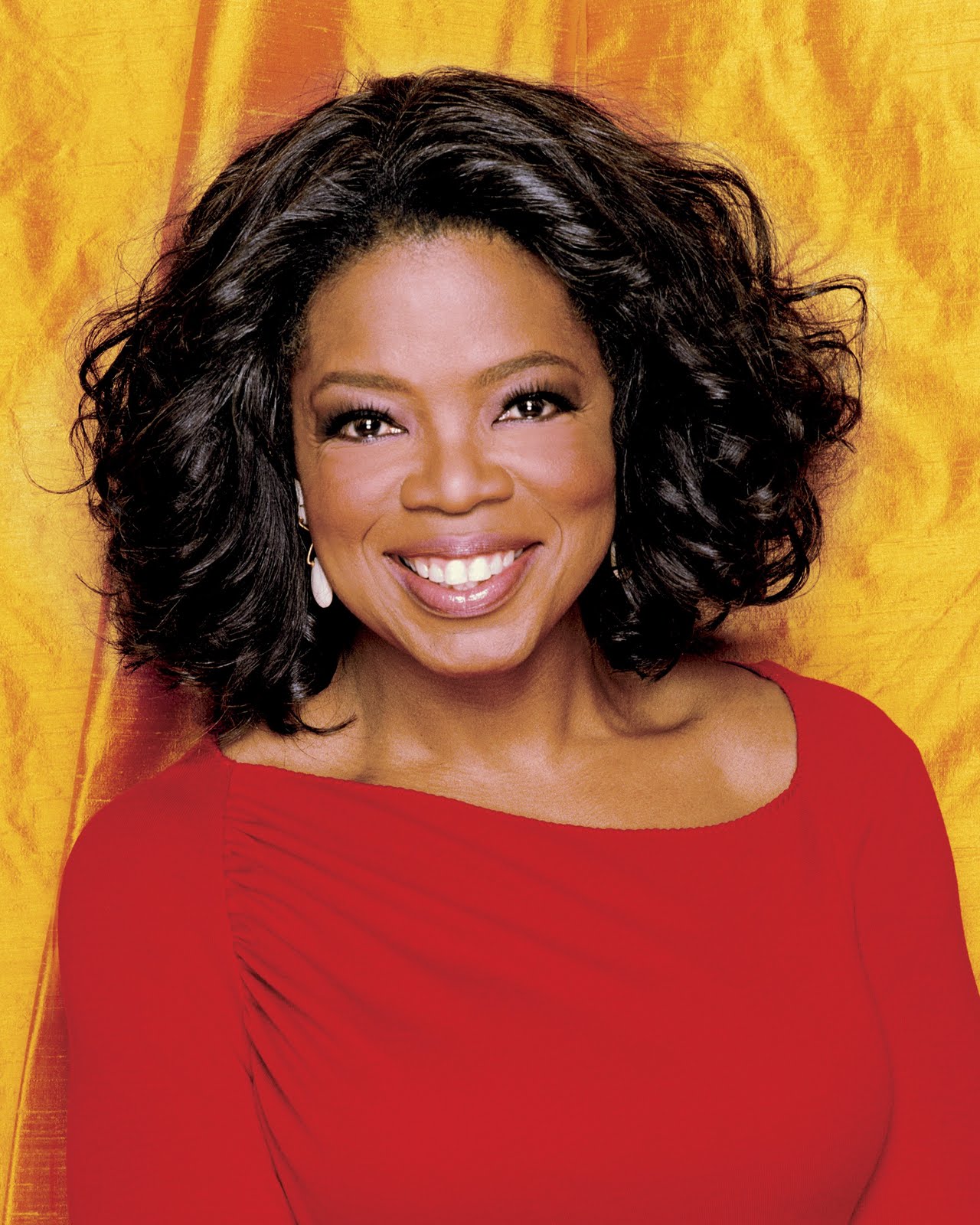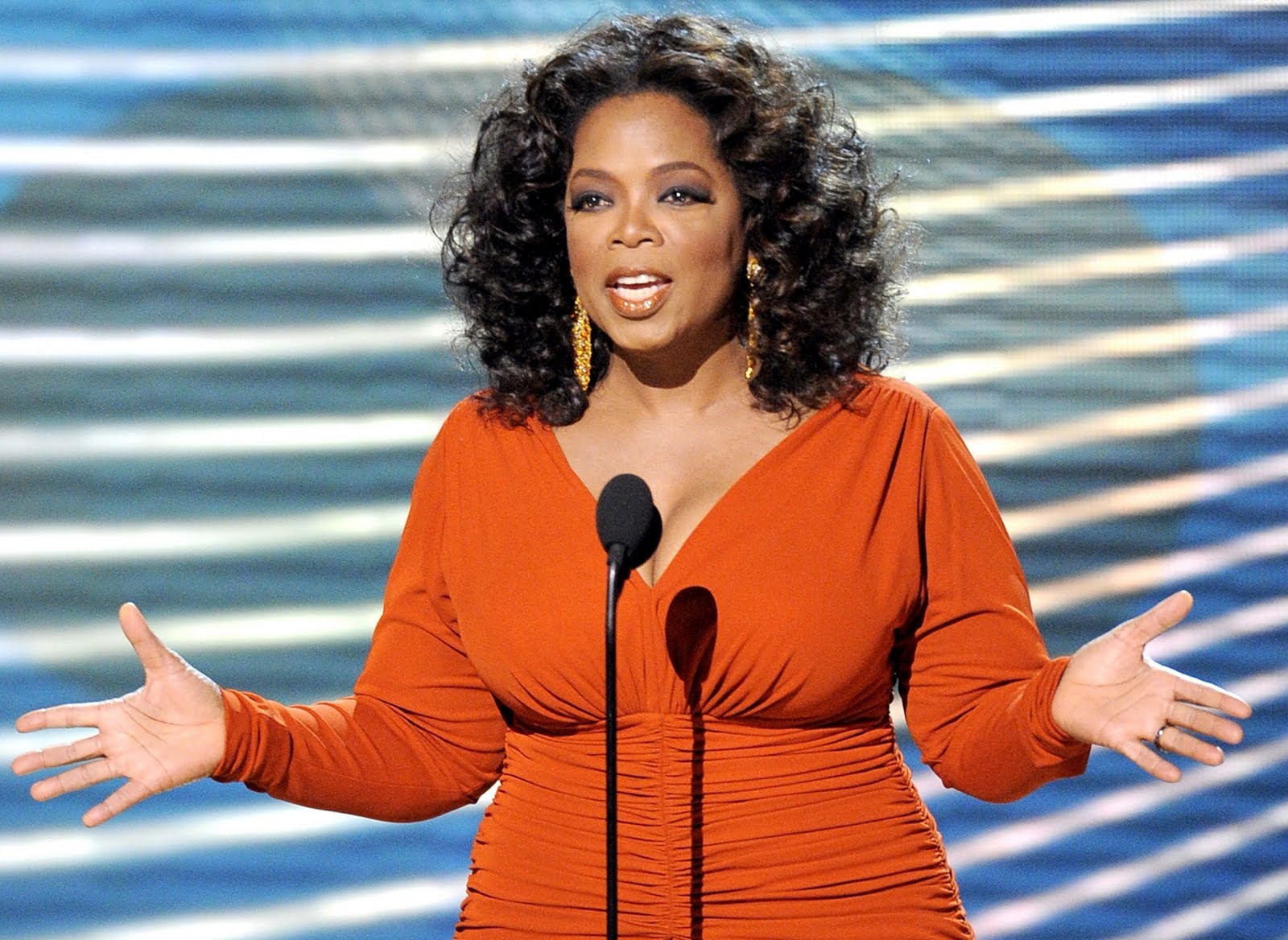In the ever-evolving landscape of Hollywood, the power dynamics at play often raise eyebrows, especially when it comes to representation and equity for Black artists. Recently, Ice Cube has made headlines by calling out what he describes as “gatekeeping” within the industry, potentially implicating Tyler Perry, a prominent figure in Black entertainment. This revelation has sparked significant discussion about the portrayal of Black culture in film and television, leading many to question the broader implications of such gatekeeping.

Ice Cube, known for his impactful contributions to both music and film, took to social media to share his frustrations about the industry’s inner workings. In a candid video, he discussed the existence of a “club” of gatekeepers who control opportunities and narratives, suggesting that many creatives, including himself, are excluded from this exclusive circle. While he did not explicitly name Tyler Perry in his initial statements, the implication was clear: Perry is one of the most significant players in Black Hollywood, and his influence can be both a boon and a barrier for aspiring artists.
Ice Cube’s remarks come at a time when many in the Black community are questioning how their stories are told in mainstream media. He stated, “Some of you may not have realized that I’m not part of the club, and a lot of you listening to me right now are not part of the club either.” His assertion underscores a growing sentiment among Black creators who feel marginalized and underrepresented in the very industry that claims to celebrate their culture.
The criticisms aimed at Perry have been longstanding, with figures like Spike Lee expressing concern over the imagery and narratives propagated through his work. While Perry has enjoyed immense commercial success with his films and stage plays, critics argue that his approach often leans into stereotypes rather than challenging them. Ice Cube seems to echo this sentiment, suggesting that the portrayal of Black individuals in media has not evolved positively, and that Perry’s influence may be part of the problem.
In a culture where visibility and representation matter, the stakes are high. Ice Cube’s recent comments hint at a desire for a more authentic and nuanced depiction of Black life, one that does not rely on clichés or exploitative tropes. “It’s cool, we can do it ourselves,” he declared, indicating a shift towards self-reliance among Black creatives who feel unsupported by established figures.
Moreover, Ice Cube’s statement that he plans to embark on a podcast tour to share his message highlights the growing trend of independent platforms gaining traction among marginalized voices. As traditional media often falls short in providing fair representation, many artists are turning to digital avenues to control their narratives and reach audiences directly. This approach not only democratizes storytelling but also empowers creators to speak truthfully about their experiences.
The tension between Ice Cube and Perry points to a larger discussion about accountability within the Black entertainment industry. While Perry has built a successful empire, the question remains: at what cost? Are the stories being told genuinely reflective of the community, or are they crafted to fit a commercial mold? Ice Cube’s challenge to Perry, framed as a critique of the status quo, urges both creators and audiences to reconsider who benefits from these narratives.

Ultimately, the conversation surrounding gatekeeping in Hollywood is more than just a feud between two industry giants; it’s a call to action for a more equitable landscape where diverse stories can flourish. Ice Cube’s willingness to confront these issues reflects a growing determination among Black artists to reclaim their narratives and push back against the confines of traditional representation.
As audiences engage with these discussions, it’s crucial to reflect on how much influence gatekeepers truly hold and the impact they have on the representation of Black culture. Ice Cube’s voice, along with the support of other artists, serves as a reminder that change is not only necessary but achievable. The future of Black storytelling in Hollywood hinges on this kind of dialogue and the collective efforts of those willing to challenge the status quo.
As the industry continues to grapple with these dynamics, one thing is clear: the push for authentic representation and equity in storytelling is far from over. The call for change is loud, and it’s being amplified by those who refuse to be silenced.